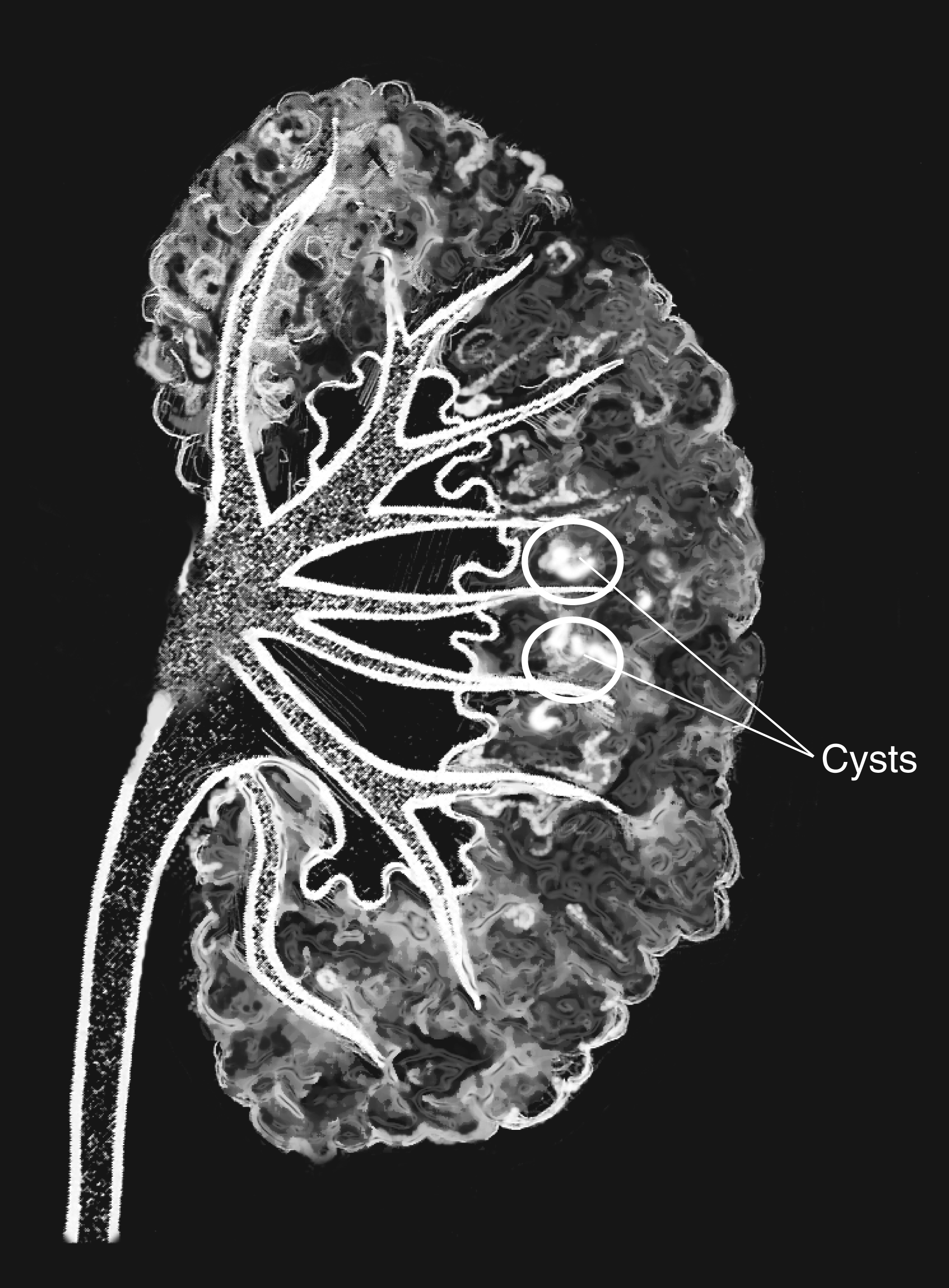Back
Sudden Burning or Painful Urination Can Be More Than a UTI: Medullary Sponge Kidney
By Dr. Zarina Vitebsky, DPT, MSPT, PRPC, TPS, LPF, DN on 9/20/2023

Experiencing burning sensations during urination, or noticing blood in your urine? Often, such symptoms lead to a diagnosis of Urinary Tract Infection (UTI). However, a condition that often goes undiagnosed and bears striking resemblance to UTI symptoms is Medullary Sponge Kidney (MSK).
Understanding Medullary Sponge Kidney (MSK)
MSK is a congenital anomaly characterized by specific structural alterations within a fetus's kidneys. While the very name might sound intimidating, breaking down its essence can help demystify it.
Origin: MSK is a birth defect, meaning it’s present at birth. The changes are in the tubules or tiny tubes inside the kidneys, presenting as cystic formations that hinder urine flow. While the condition starts at birth, symptoms might not manifest until adolescence or early adulthood.
Symptoms: Individuals with MSK might experience:
A stinging or burning sensation during urination.
Aches in the back, lower abdomen, or groin.
Unusual urine characteristics: cloudy, dark, or with traces of blood.
Distinctly foul-smelling urine.
Accompanying fever and chills, often misinterpreted as UTI symptoms.
Vomiting.
Complications: The real challenge with MSK arises from the complications that come with cysts and blocked urine. Major complications include:
Formation of kidney stones.
Recurring UTIs.
Hematuria or blood presence in urine.
Diagnosis: Beyond Physical Examinations
Physical examinations can provide insights, but to conclusively diagnose MSK, advanced imaging techniques are deployed:
Ultrasound: By employing a transducer head, painless sound waves create detailed imaging of soft tissues. If there are calcium deposits or kidney stones, they will be visible.
CT Scans: Offering a more detailed perspective, CT scans involve injecting a dye or contrast while capturing multi-dimensional x-rays of soft tissues. Here, expanded tubules, a characteristic of MSK, become discernible.
Intravenous Pyelogram: A specialized dye or contrast is introduced into the patient's bloodstream. As the dye journeys to the kidney, it lights up blockages in the urinary tract. MSK's cysts become evident as radiating clusters.
Holistic Management and Prevention
While pharmaceutical treatments and surgical interventions exist, MSK management benefits from a holistic, preventive approach:
Hydration: Maintaining adequate water intake ensures a clear and healthy urinary tract lining, minimizing risks associated with MSK.
Dietary Modifications:
Reduced Sodium: Excessive sodium accelerates calcium release into urine. By controlling salt intake, one can effectively minimize kidney stone risks.
Limiting Animal Proteins: Meats, eggs, and fish, when consumed excessively, can escalate uric acid stones and calcium formation in urine.
Physical Therapy and Mobility: Conservative treatments involving soft tissue mobility can be invaluable. Decreasing abdominal tightness and inflammation, facilitating effective urine passage, and potentially alleviating urination discomfort are possible benefits. The integration of physical therapy can promote muscular relaxation around the urethra and potentially mobilize the kidneys, although further research is warranted.
Medullary Sponge Kidney is more than just an anomaly; it's a condition that requires awareness and comprehensive care. If you or someone you know is experiencing symptoms resonating with MSK, consider consulting experts at the Pelvic Health Physical Therapy Center in Madison, NJ. Schedule your evaluation & assessment today by calling us at 908-443-9880 or emailing receptionmadison@pelvichealthnj.com. Your holistic health journey starts here.
Read More:
Exercise to reduce pelvic floor dysfunction associated with childbirth?? By Amalie Malka Flamm on 7/25/2024 What exercises can help reduce pelvic floor dysfunction associated with childbirth? Why does my taint hurt (male)? By Shannon Strauch, PTA, STMT-1 on 7/24/2024 Where is your perineum, what is it's function, and why do you have pain?
Are you ready to live pain free?
Request An Appointment